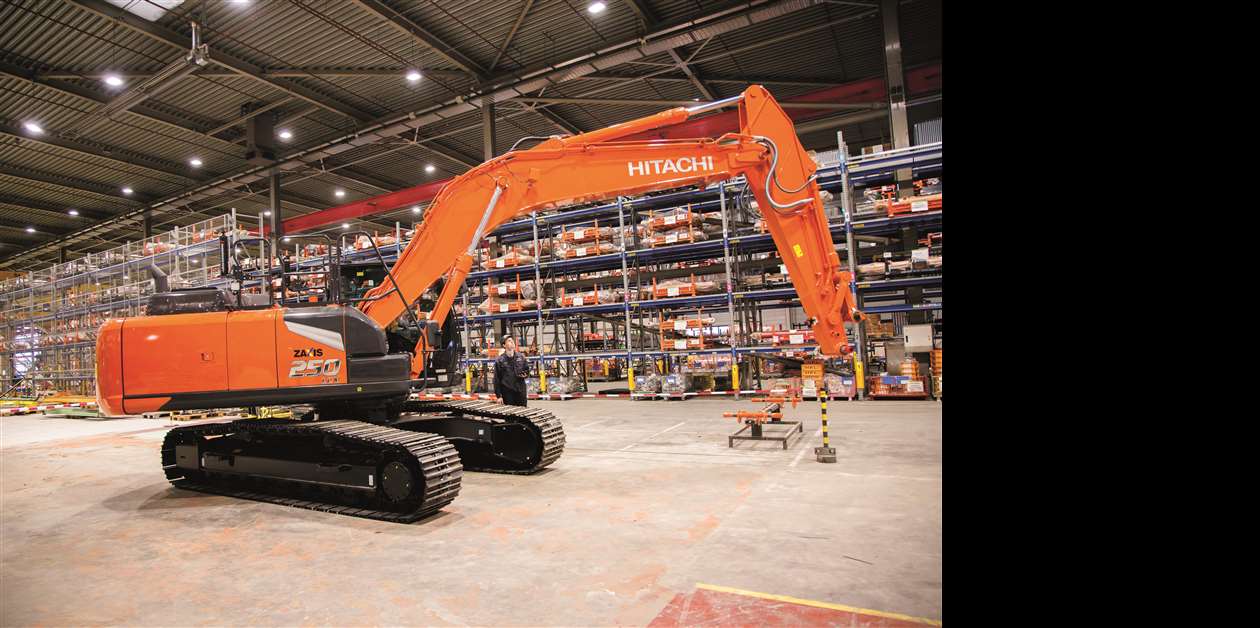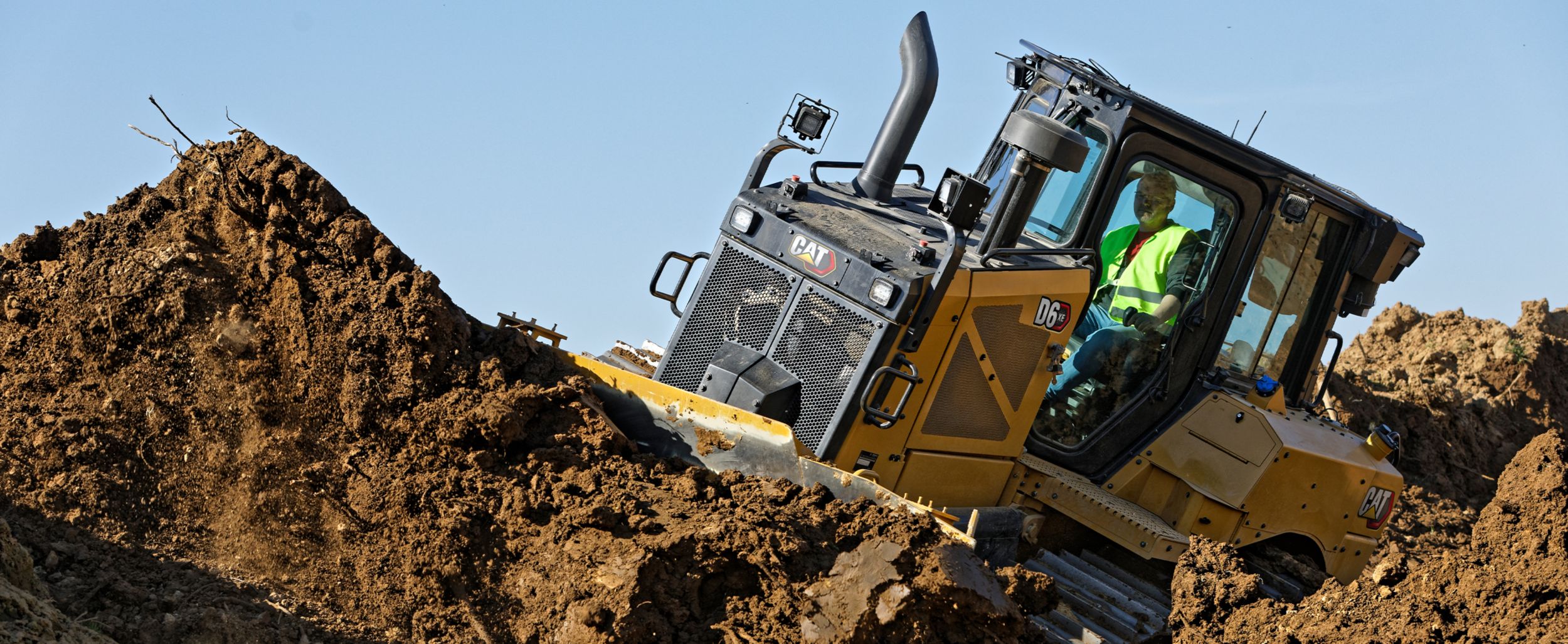Equipment Rental Company in Tuscaloosa, AL: Your Relied On Source for Equipment
Equipment Rental Company in Tuscaloosa, AL: Your Relied On Source for Equipment
Blog Article
Exploring the Financial Advantages of Renting Building And Construction Devices Compared to Owning It Long-Term
The choice between owning and renting out building devices is crucial for financial administration in the sector. Renting deals immediate cost savings and functional adaptability, allowing companies to allocate resources more successfully. Comprehending these nuances is necessary, specifically when thinking about exactly how they align with certain project demands and economic strategies.
Cost Comparison: Renting Vs. Having
When assessing the economic effects of renting versus having building and construction devices, an extensive price contrast is necessary for making educated decisions. The option between owning and leasing can considerably influence a firm's lower line, and recognizing the linked costs is vital.
Renting building equipment normally includes lower in advance costs, permitting businesses to allot capital to various other functional demands. Rental prices can accumulate over time, possibly surpassing the expenditure of possession if tools is needed for an extensive period.
Alternatively, owning building and construction devices calls for a significant preliminary investment, together with recurring prices such as devaluation, insurance, and funding. While possession can lead to lasting financial savings, it additionally connects up resources and may not supply the exact same degree of versatility as leasing. Furthermore, having devices necessitates a commitment to its utilization, which might not always line up with project needs.
Eventually, the choice to have or rent ought to be based upon a comprehensive analysis of specific task needs, monetary capacity, and lasting strategic goals.

Upkeep Expenses and Obligations
The choice between having and leasing construction tools not just entails economic factors to consider but also incorporates ongoing upkeep expenses and responsibilities. Possessing devices requires a substantial commitment to its maintenance, that includes regular examinations, fixings, and potential upgrades. These responsibilities can rapidly accumulate, bring about unforeseen prices that can strain a budget.
On the other hand, when leasing equipment, maintenance is typically the duty of the rental business. This setup enables professionals to prevent the economic concern related to damage, along with the logistical difficulties of scheduling repair work. Rental arrangements usually consist of provisions for maintenance, indicating that contractors can concentrate on finishing projects instead of fretting about tools problem.
Moreover, the varied series of tools offered for rental fee enables firms to select the most recent models with sophisticated innovation, which can improve efficiency and performance - scissor lift rental in Tuscaloosa, AL. By going with services, businesses can stay clear of the long-lasting obligation of devices depreciation and the associated upkeep headaches. Eventually, evaluating maintenance costs and duties is vital for making an informed choice about whether to lease or own building devices, substantially influencing overall task prices and operational effectiveness

Depreciation Effect On Possession
A significant aspect to think about in the choice to own building tools is the effect of depreciation on general ownership expenses. Devaluation stands for the decrease in worth of the equipment with time, affected by variables such as usage, damage, and improvements in modern technology. As devices ages, its market price lessens, which can significantly influence the proprietor's financial setting when it comes time to trade the tools or sell.
For building and construction companies, this depreciation can equate to substantial losses if the devices is not utilized to its maximum capacity or if it lapses. Owners need to represent depreciation in their monetary forecasts, which can cause greater general prices compared to renting. In addition, the tax obligation effects of devaluation can be complex; while it may give some tax advantages, these are commonly balanced out by the truth of lowered resale worth.
Ultimately, the concern of devaluation stresses the significance of recognizing the long-term monetary dedication involved in possessing construction equipment. Companies have to carefully evaluate exactly how usually they will certainly make use of the tools and the potential monetary impact of devaluation to make an informed choice about possession versus renting out.
Financial Adaptability of Leasing
Renting out building devices provides significant monetary flexibility, allowing firms to assign resources a lot more efficiently. This versatility is particularly critical in a sector defined by varying job demands and varying work. By choosing to rent out, services can stay clear of read what he said the significant capital investment required for acquiring devices, protecting cash flow for various other functional demands.
In addition, renting out devices allows companies to customize their tools options to details project requirements without the lasting commitment connected with possession. This means that services can conveniently scale their devices inventory up or down based upon present and expected job requirements. Subsequently, this versatility lowers the danger of over-investment in equipment that might come to be underutilized or out-of-date in time.
One more monetary benefit of renting out is the potential for tax obligation benefits. Rental settlements are typically thought about overhead, permitting immediate tax obligation deductions, unlike depreciation on owned equipment, which is topped a number of years. scissor lift rental in Tuscaloosa, AL. This prompt cost recognition can even more improve a business's money placement
Long-Term Task Considerations
When assessing the lasting requirements of a construction organization, the decision in between owning and leasing equipment ends up being much more intricate. Trick aspects to think about include job period, frequency of usage, and the nature of upcoming jobs. For projects with prolonged timelines, purchasing tools may appear beneficial due to the potential for reduced total costs. Nonetheless, if the tools will not be used consistently throughout jobs, why not try this out possessing may cause underutilization and unnecessary expenditure on insurance policy, storage, and maintenance.
The building sector is progressing rapidly, with new devices offering boosted effectiveness and safety and security functions. This adaptability is particularly useful for organizations that manage varied jobs needing different kinds of devices.
In addition, economic security plays a critical function. Owning equipment typically entails considerable capital expense and depreciation issues, while leasing permits more predictable budgeting and cash money circulation. Eventually, the choice between possessing and renting should be aligned with the calculated goals of the construction business, considering both awaited and present job demands.
Verdict
In conclusion, renting out construction tools offers significant monetary advantages over long-lasting possession. Inevitably, the choice to lease instead than own aligns with the dynamic nature of construction projects, enabling for flexibility and accessibility to the latest tools without the monetary burdens associated with possession.
As tools ages, its market worth reduces, which can dramatically impact the owner's economic position when it comes time to sell or trade the devices.
Leasing construction tools go to my site provides significant financial adaptability, enabling companies to allot sources a lot more successfully.Furthermore, renting equipment makes it possible for companies to customize their devices options to details task demands without the lasting dedication associated with possession.In verdict, leasing building equipment uses substantial monetary advantages over long-term possession. Ultimately, the decision to rent instead than very own aligns with the dynamic nature of building jobs, enabling for versatility and access to the most current devices without the financial concerns associated with ownership.
Report this page